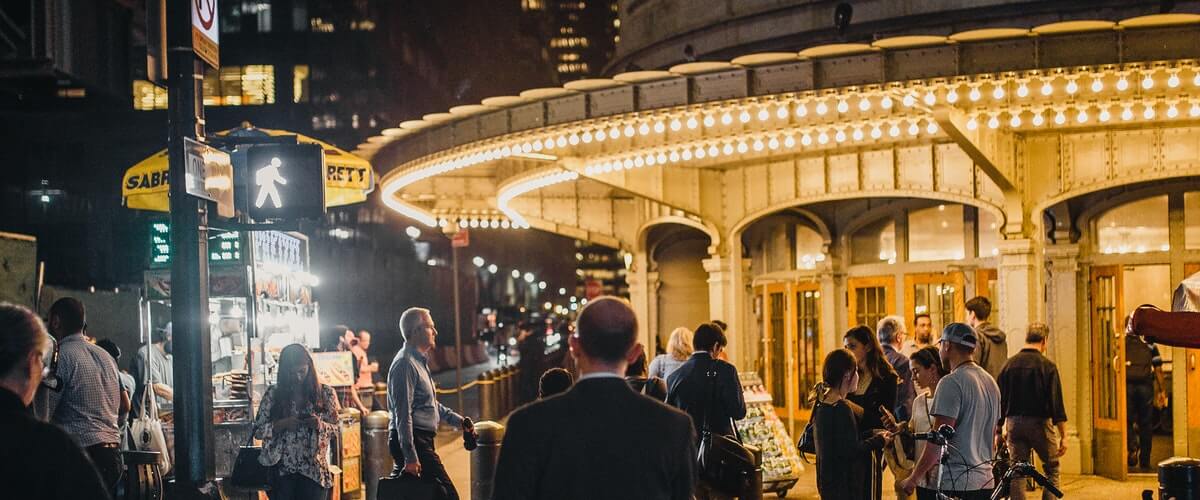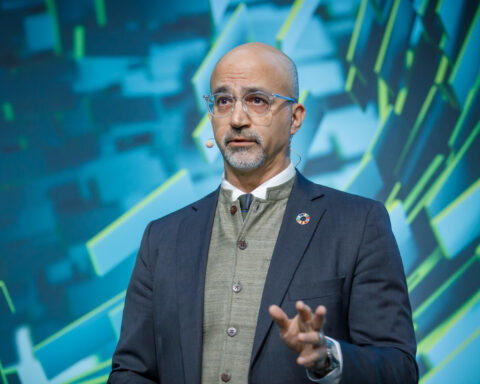Arriving in a new country is always exciting and a little bit overwhelming. We may undergo different stages of happiness, gratitude, solitude, nostalgia, frustration, and so on. This first stage, where we pack our life into a suitcase, full of longing for better opportunities, dreams, and hopes, has to come to an end, bringing with it a long path of integration and adaption into a new life.
Second stage: Feeling alone in a big sea of people.
Once the excitement has settled down, the well known homesickness or loneliness starts to set in. Then, in those moments when you coincidentally hear someone communicating in your mother tongue, your eyes light up, and joy fills your body. It is then, at that moment, that you realize you finally have encountered someone who can understand you.
Third stage: The frustration of not knowing the language.
How to escape your comfort zone into the unknown, if being surrounded by a familiar environment is making you joyful. On one hand, you want to expand your social circle. On the other hand, the pleasant feelings and comfort are keeping you in a tiny box where you feel solely related to an intimate community in the host country. Consequently, one day, you realize that this has directed you into a state of “auto-segregation”.
The spectrum of auto-segregation into the creation of parallel societies.
The term auto-segregation was named as “failed multiculturalism”, referring to migrants coming to a foreign country, voluntarily isolating themselves from mainstream society into compact communities with the same or similar backgrounds. Therefore, academic institutions, labor markets, and spatial segregation equally develop socio-economic isolation or self-segregation. This leads to the creation of a parallel society, where a close-knit community settles in areas within inner cities where members are principally from an immigrant background or belonging to the same ethnic group.
The dilemma of a parallel society?
Dr. Elham Manea explained in a TEDx talk that we all live in a parallel society, and that it could be beneficial for its individuals. Self-contained communities can stabilize a newcomer’s identity and facilitate the integration process providing valuable information about the culture, experiences, and employment opportunities. As a result, they may help to avoid identity crises and reduce negative individualism.
This spectrum represents a problem, when the segregated communities are entirely closed off to the communities surrounding them, refusing to follow the rules of their host country, not learning the language, challenging other member’s human rights. All this causing an exclusion from the individuals in the mainstream society.
Is the creation of parallel societies a big ball thrown from side to side?
The reasons why migrants can self-segregate and develop a compact community can differ depending on various circumstances. Either due to the inequality of opportunities, systems, false perspectives, and prejudices, or by the newcomers feeling more comfortable in a familiar environment.
Addressing this problem by hurling it from side to side represents a closed-minded perspective to identify solutions. It is likely that at some point in our lives, we have all been guilty of making unpleasant gestures, hurtful comments or asking inappropriate questions.
Have you ever judged someone by the socio-political incidents that happened or may be happening right now in their country?
Have you ever judged someone due to their belief or traditions?
Do you express your diverse opinion in a gentle and affectionate way?
Have you ever rejected someone because of his or her origin?
Have you ever judged someone because of stereotypes you were fed in your home country?
We all have fallen into a closed-minded perspective due to unlucky encounters. Still, there are many people out there who are excited to know about you, about your language and story.
How about a challenge?
Being in a small community can be beneficial, but going outside that community to broaden your perspective will have a fruitful effect on your life. Getting out of that comfort zone, to speak an unfamiliar language, to understand other opinions, to be tolerant and to show people that we may even have similar opinions and celebrate differences is a good start.
We can all live comfortably in our known community, or we can choose to get out of our comfort zone and to jump into a new world.
Header image by Guilherme Rossi on Pexels.





